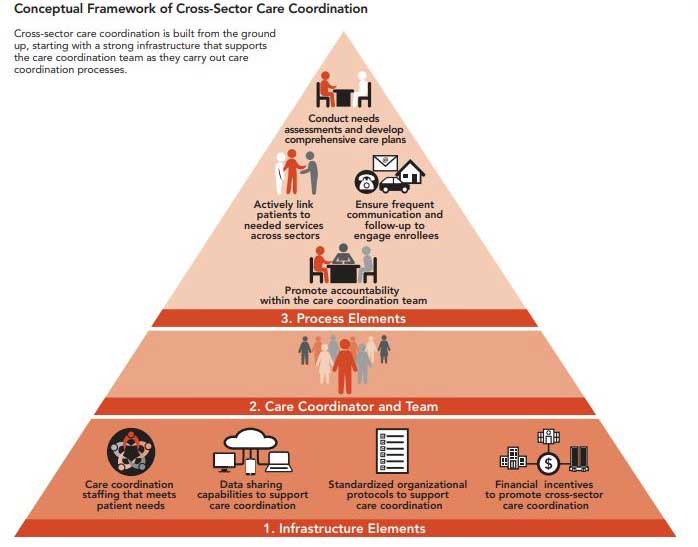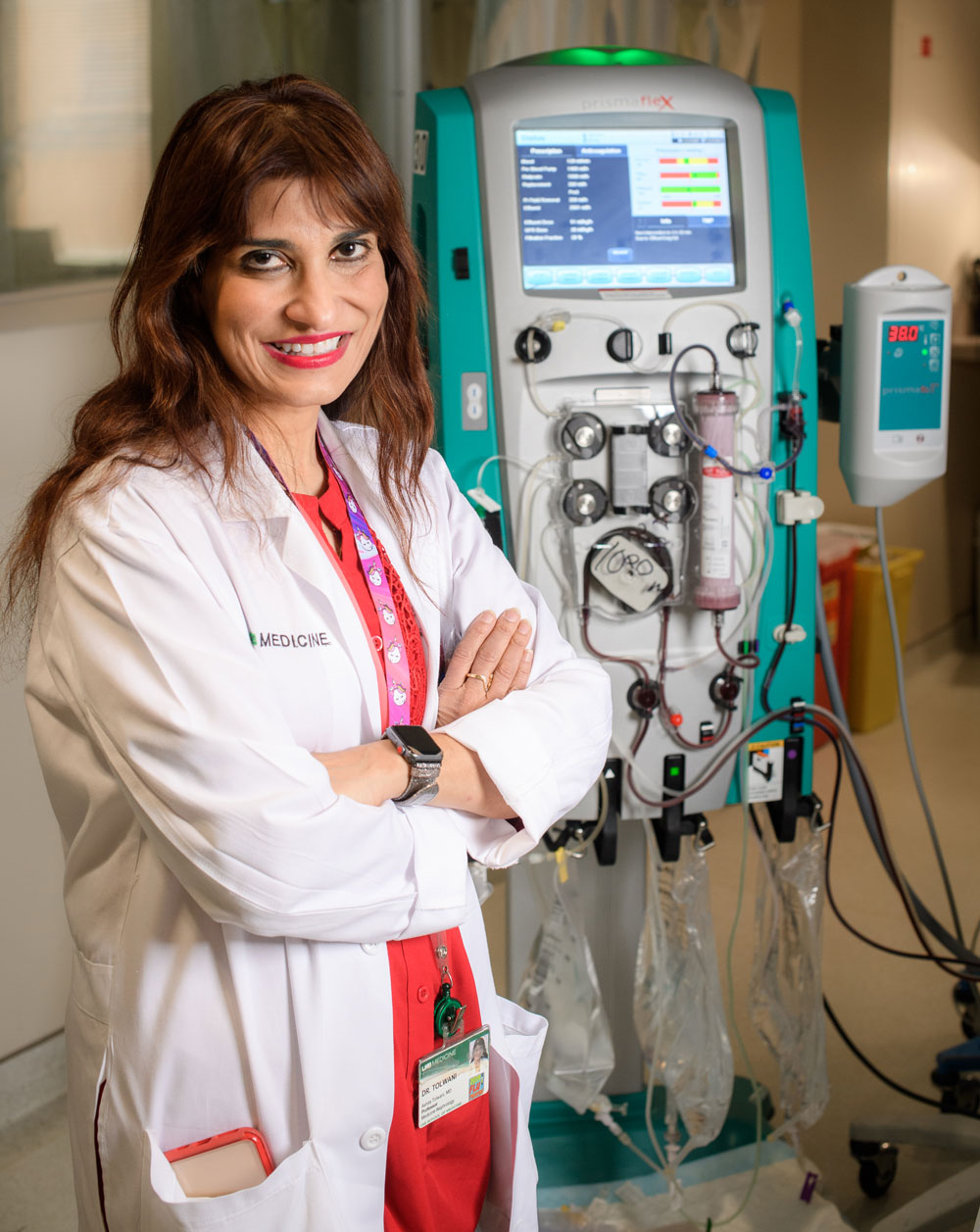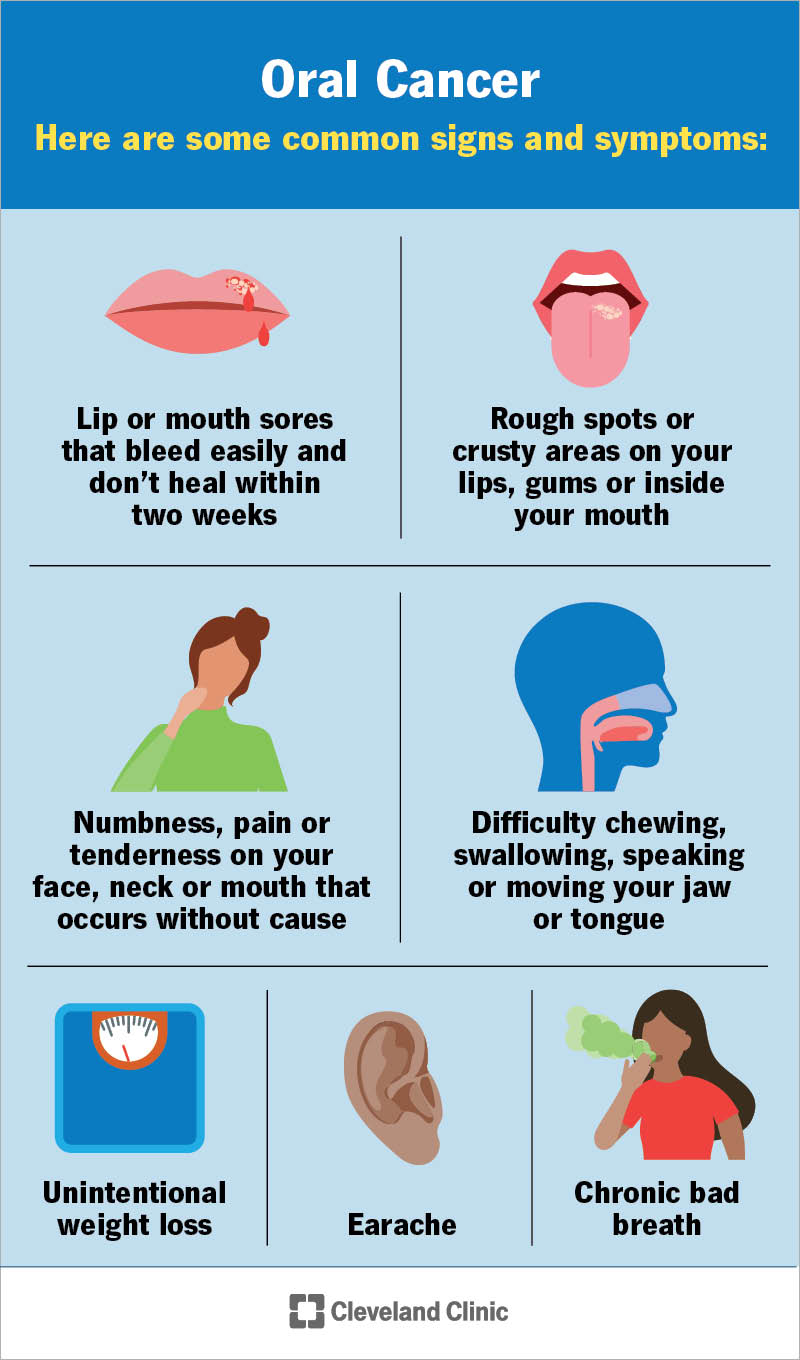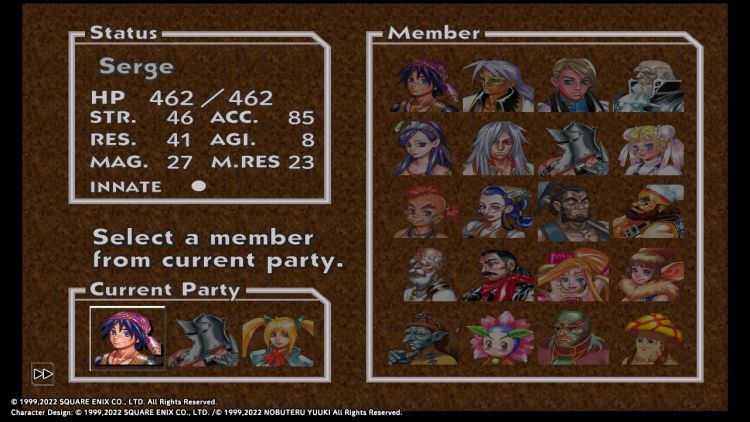The meaning of follow-up in intensive care: patients' perspective.
Por um escritor misterioso
Descrição
The study corroborated earlier research that found that patients seek to understand experiences they have undergone and found that the diary as text and photos, in addition to conveying care and love, is important to induce postexperience reflections. The growing understanding of correlations between experiences and memories from a period of intensive care treatment and complaints of mental character has led to the development of various patient follow-up offers. Little, however, is known about what follow-up may mean to patients. The aim of this study was to explore the meaning of patients' lived experience of being followed-up in a programme consisting of patient diaries, post-intensive care unit (ICU) conversations and visits back to the ICU. Field notes were made from encounters with patients (n = 10) during follow-up. Then they were interviewed twice, at about 6 months (n = 8) and at about 18 months (n = 6) after discharge from hospital. The first interview focused on the patients' experience during intensive care and on their reflections on the experience. The second interview had a particular focus on the meaning for each individual of the sources for understanding that they had been offered. The data was analysed by using a hermeneutic-phenomenological approach. The study corroborated earlier research that found that patients seek to understand experiences they have undergone. They search for meaning in experiences and memories. It is realized that the diary as text and photos, in addition to conveying care and love, is important to induce postexperience reflections. It provided guideposts that follow-up conversations could pursue in the patient's quest for meaning. The conversation also provided an opening for, and could in itself be essential to, the patient's willingness to talk about experiences. It allowed the nurse to accompany the patient in his quest for meaning. The return visit appeared to be significant in the patient's quest for meaning. It was via 'feeling' the room that 'things' fell into place. The study is important in elucidating aspects that are beneficial in the patient's follow-up and which lay the basis for further development of existing and new follow-up offers.

Whole Person Care Makes Progress in Care Coordination, Improving Care for Vulnerable Patients - California Association of Public Hospitals and Health Systems

What Is Patient-Centered Care?

CRRT dialysis in the ICU — what patients and families want to know - The Reporter

MPX Initial Assessment and Testing - sector letter by WBOP PHO - Issuu

How does neonatal care work?

Speaking up about care concerns in the ICU: patient and family experiences, attitudes and perceived barriers

Sepsis Diagnosis

Oral Cancer: Causes, Symptoms & Treatment

Role of a Nurse in Healthcare, Functions & Duties - Video & Lesson Transcript

Transition of patients from intensive care unit: A concept analysis - ScienceDirect

The importance of patient perspectives in pulmonary hypertension
de
por adulto (o preço varia de acordo com o tamanho do grupo)






